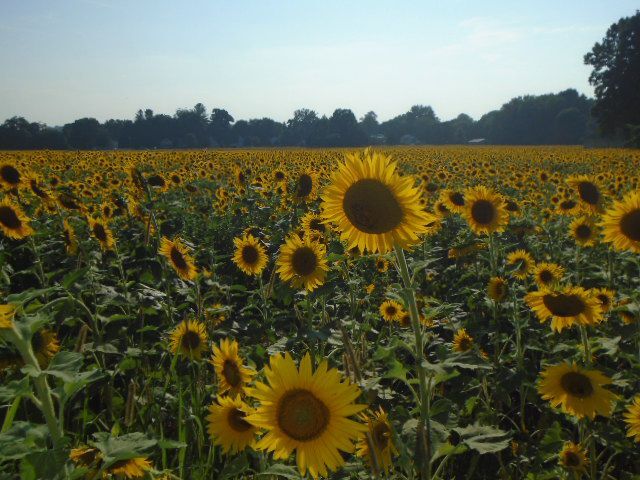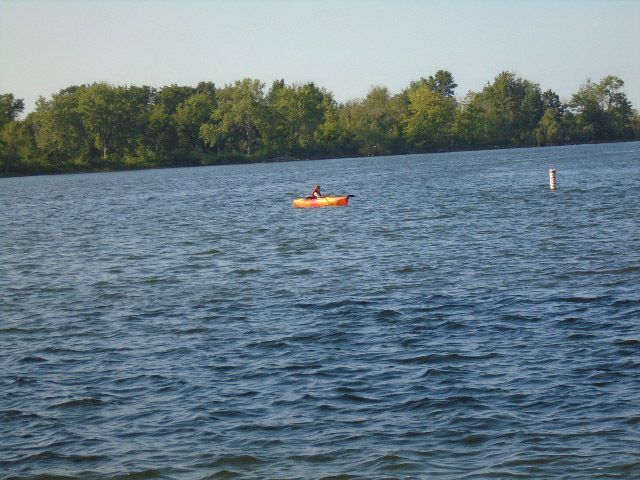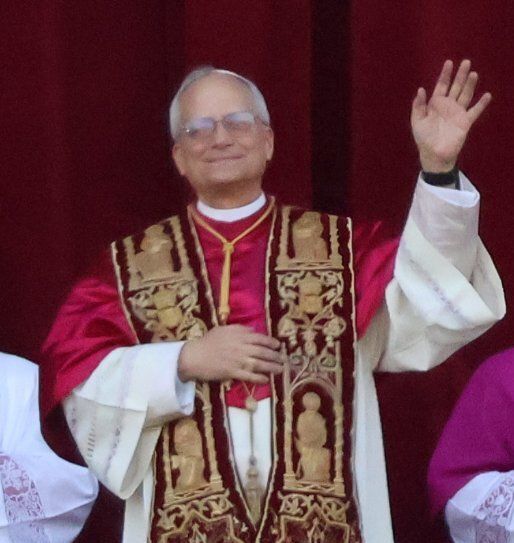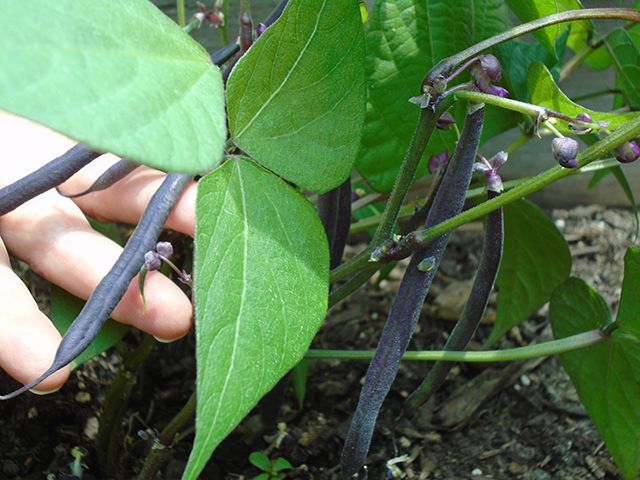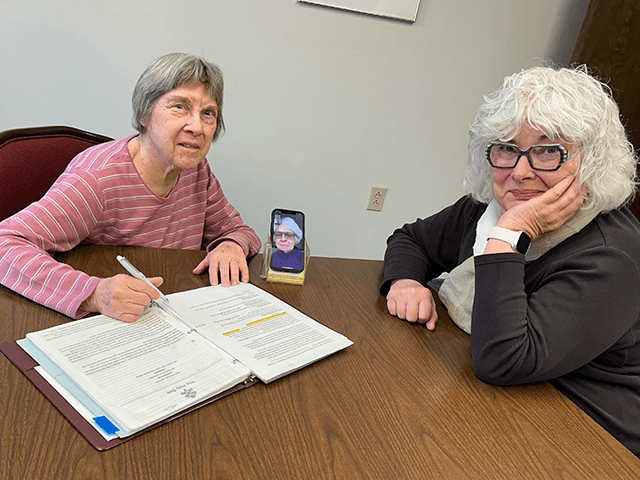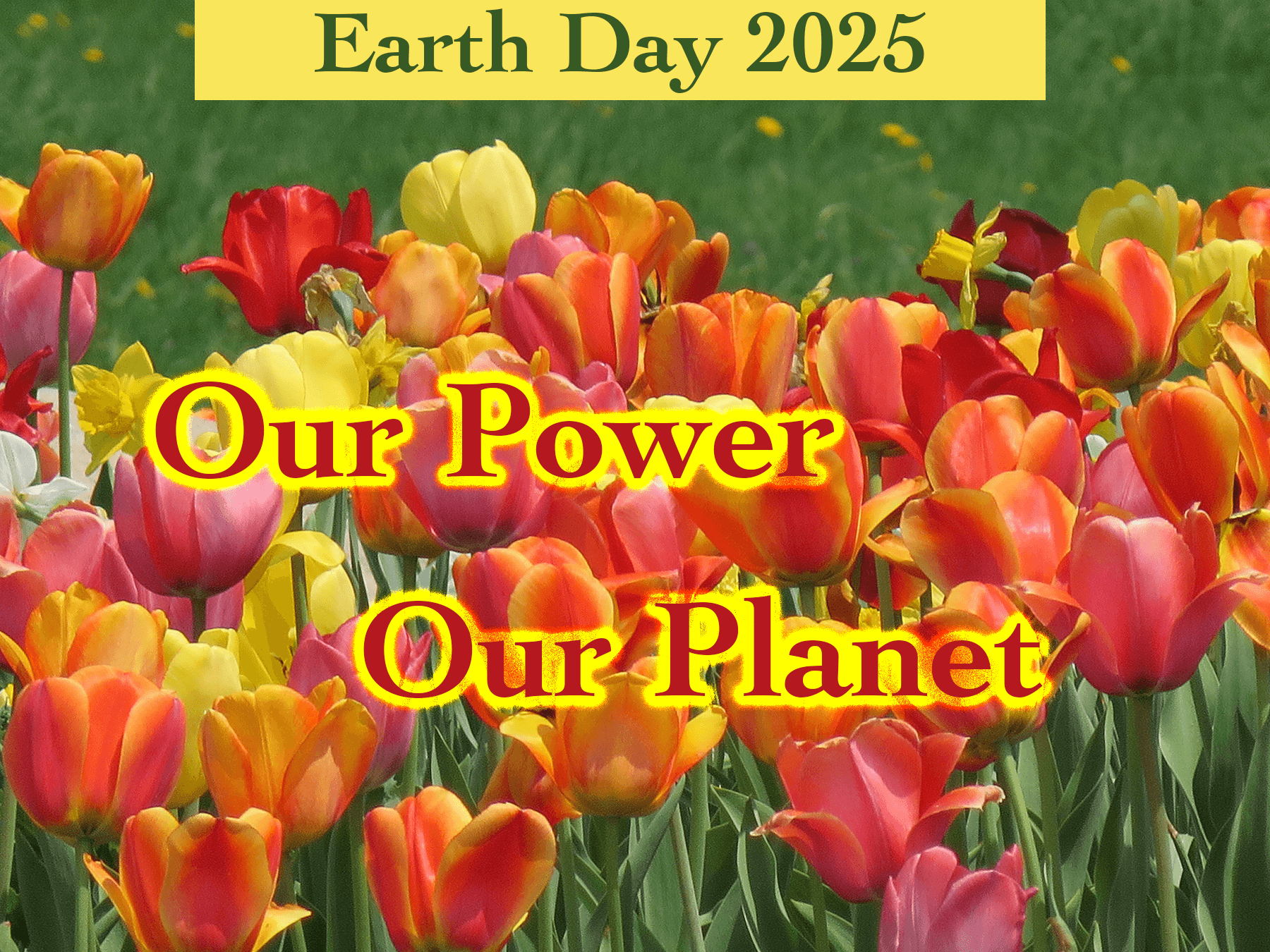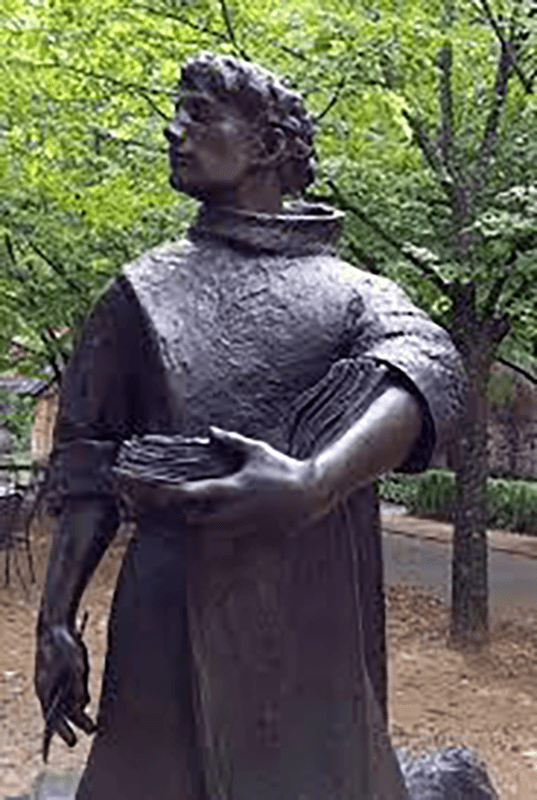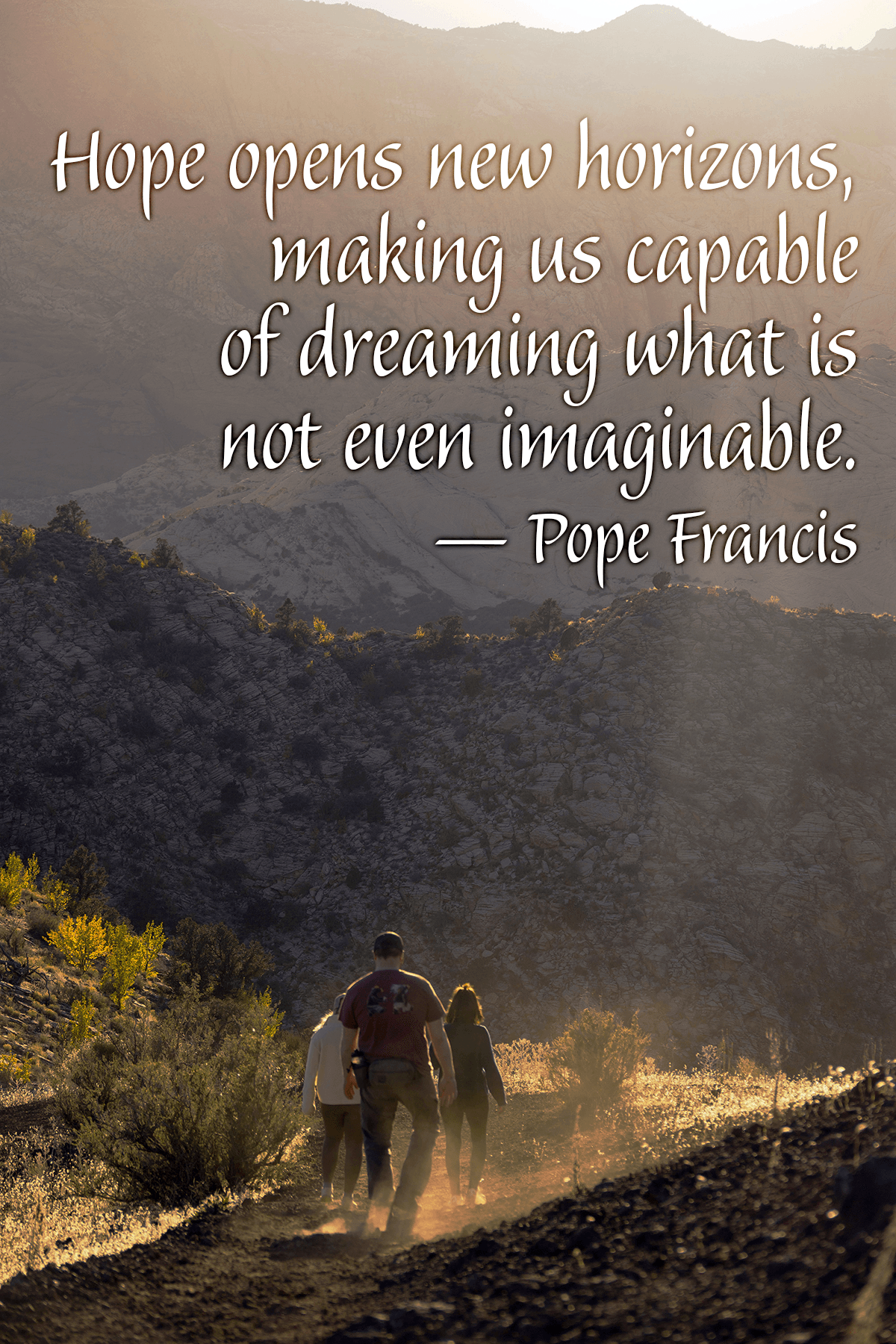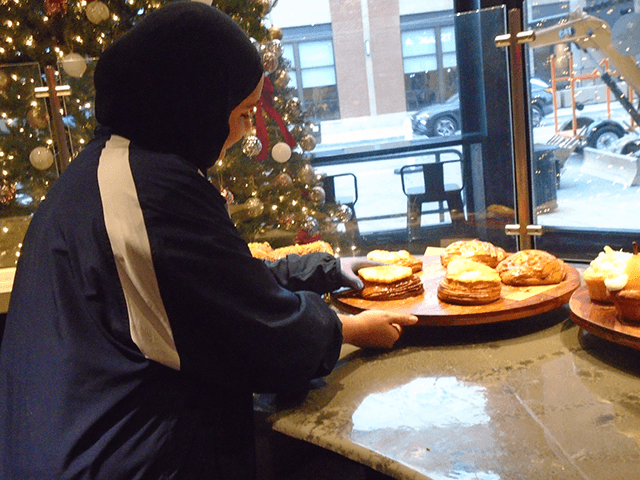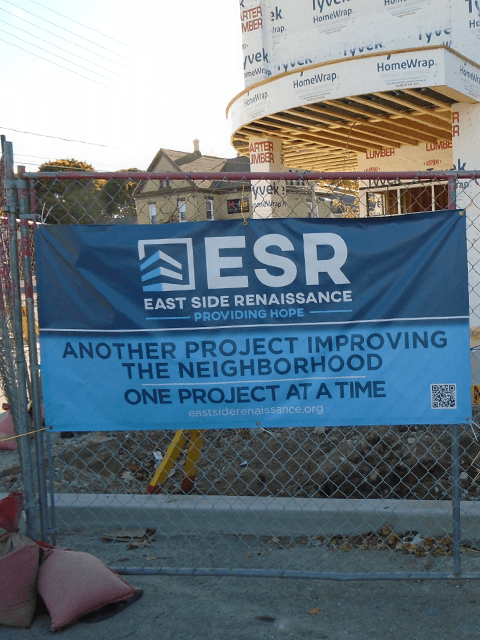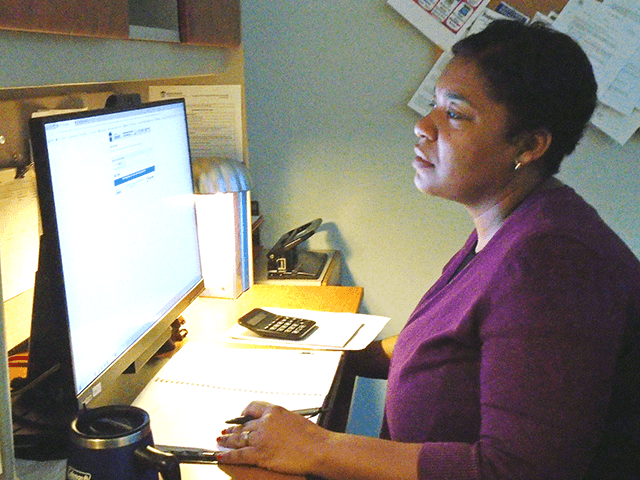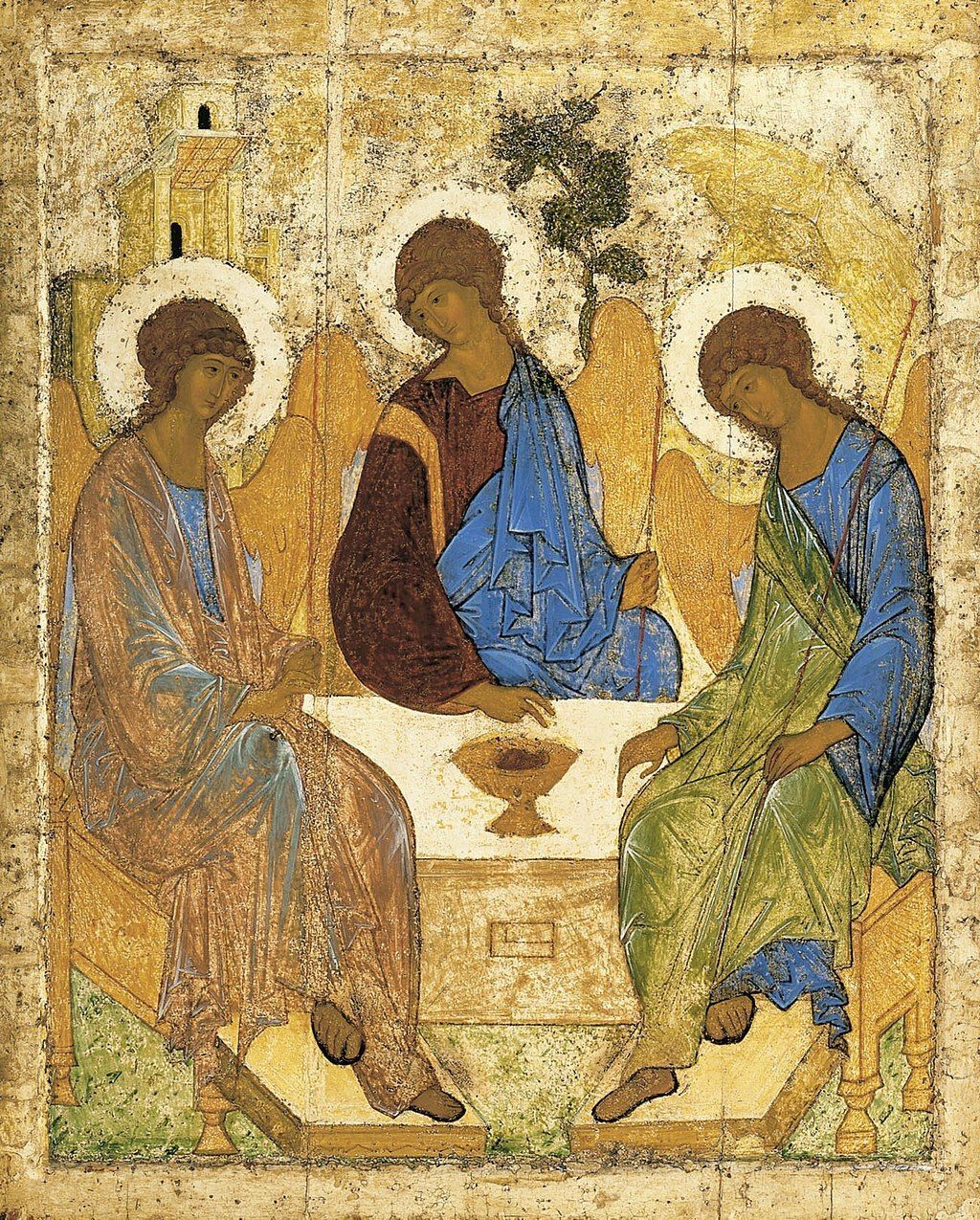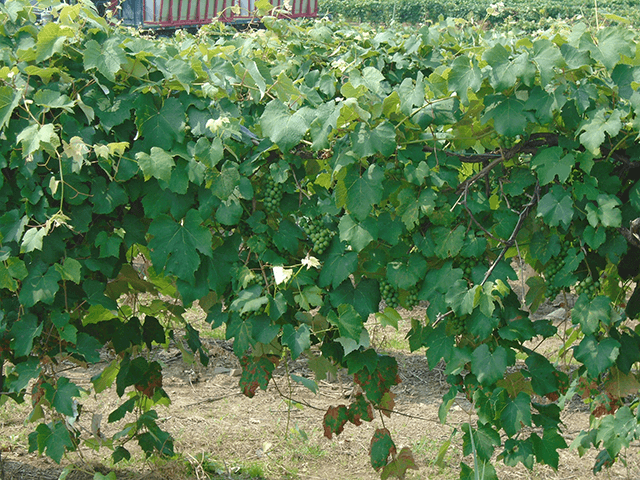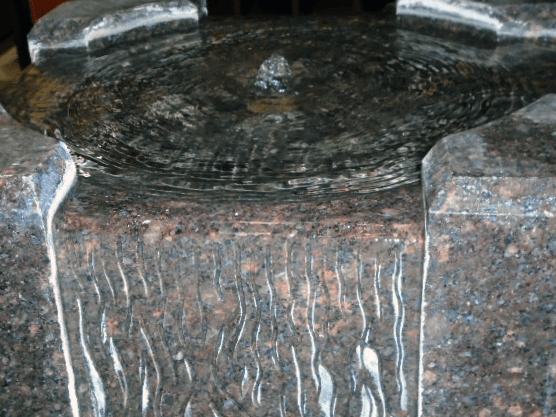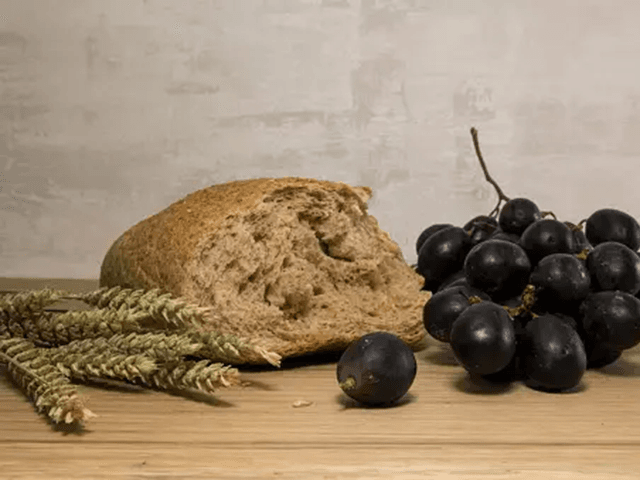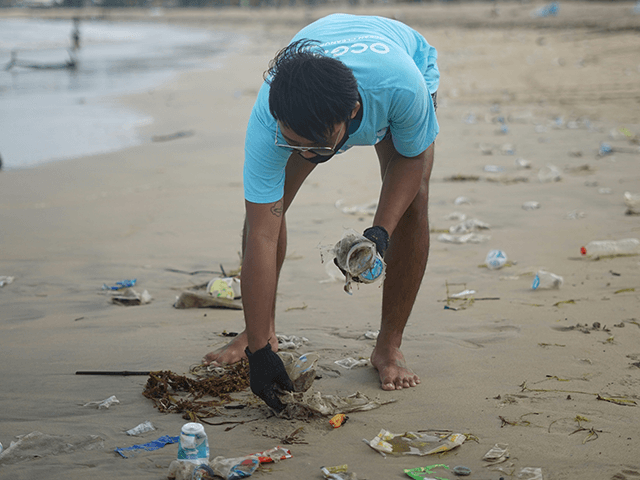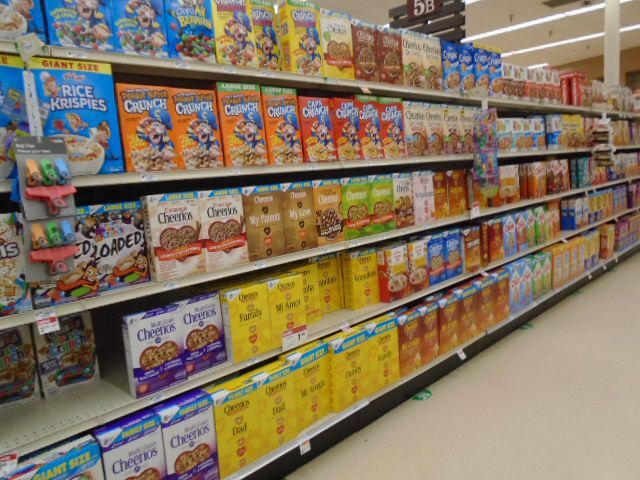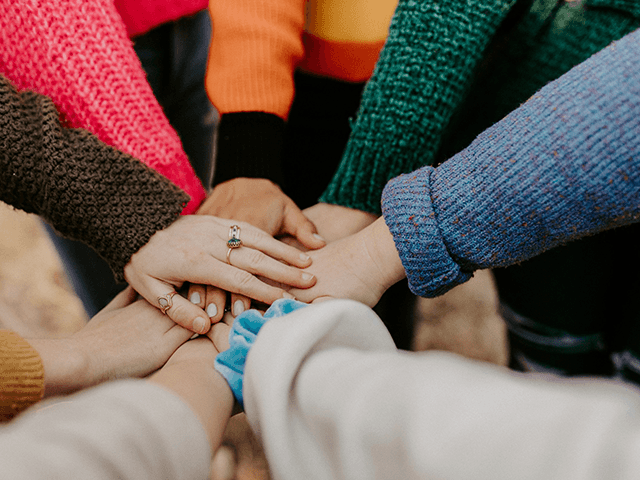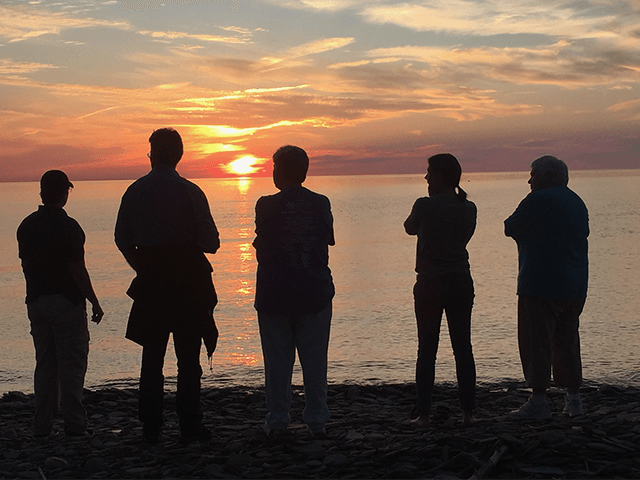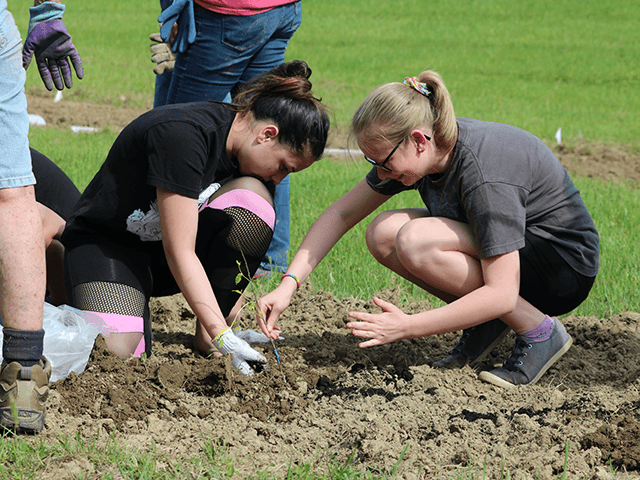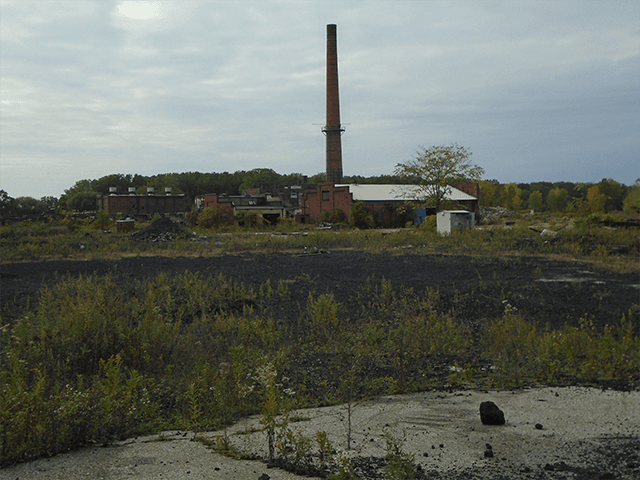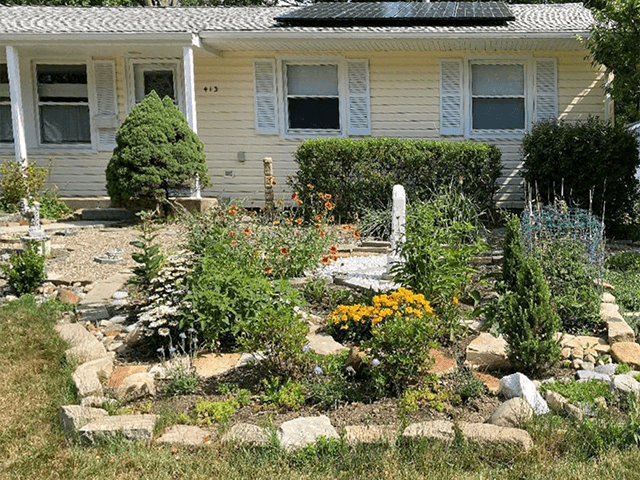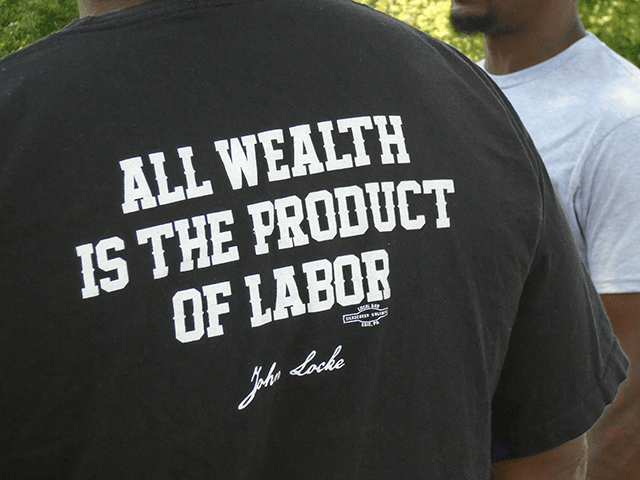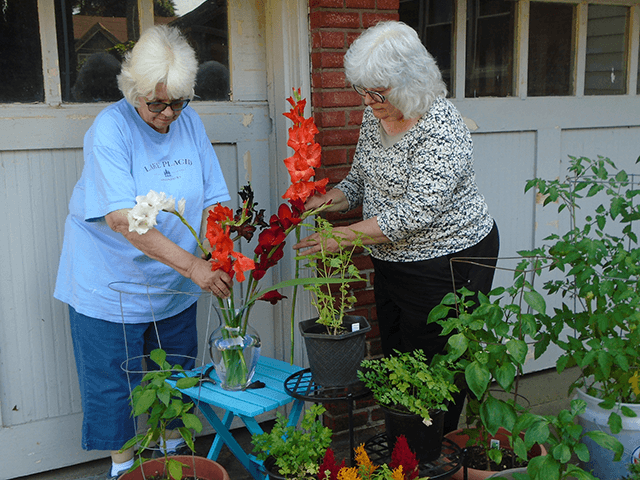The Erie Benedictine Laudato Sí Platform Committee works locally to meet the challenge of Pope Francis’ encyclical Laudato Sí, On Care for Our Common Home. We follow the direction set by the International Laudato Sí Action Platform as it works globally to keep this message of the encyclical before us.
For more than two years Sister Dorothy Stoner and Oblates Marlene Trambley and Kathe Pae have shared their insights on Care for Our Common Home through the lens of their own experience and that of Pope Francis's teaching in Laudato Sí. Their posts are available here. Today's post will be their final sharing on this topice. We are grateful for the time they have given us, for their reflection and their vision.
Our leisure time often gets renewed attention in August as summer quickly passes. A few observations in Laudato Sí seem particularly apt for us to consider this month.
May 2025, marked the 10th Anniversary of “Laudato Sí, On Care for Our Common Home.” That same month Pope Francis, the author and life force of that landmark document, died. What now? Will his successor, Leo XIV, embrace the concern and challenge for the environmental crisis with the same clarity and zeal as Frances?
“Laudato Sí, mi Signore” – “Praise be to you, My Lord.” In the words of this beautiful canticle, Saint Francis of Assisi reminds us that our common home is like a sister with whom we share our life and a beautiful mother who opens her arms to embrace us. “…. who sustains and governs us, and who produces various fruit with coloured flowers and herbs.” #1
We are sad that Pope Francis has died, and we remember him with gratitude...
It’s been ten years since Pope Francis offered Laudato Sí, On Care for Our Common Home to the world. On the Solemnity of Pentecost, 2015, Pope Francis issued to all of us an Encyclical Letter, Laudato Sí. People throughout the world, of all ages, have recognized this letter as a beautiful yet brutally honest description of the relationship we are to have with other humans and with our environment, yet it shows how we have fallen short of that.
“Earth Day 1970 made it clear that we could summon the public support, the energy, and commitment to save our environment.” —Gaylord Nelson
Will the same be said about Earth Day 2025? Let’s review a little history.
March 21 is the Solemnity of Saint Benedict when we celebrate the “passing” of Benedict. This month of Benedict provides a timely opportunity to consider Laudato Sí through a “Benedictine eye.” Many values and themes associated with the Rule of Benedict are at the heart of Laudato Sí so March is a fitting time to consider a few.
Florists, candy-makers, card shops, and restaurants would have us believe Valentine’s Day is a happy time of romance and love celebrated by people of all ages. Many people disagree. They experience it as a time of loneliness and melancholy. A time when one is reminded of what was but no longer is. A time of regret. Is there another way to think of Valentine’s Day? Laudato Sí may invite us – even challenge us – to expand our understanding of this significant day.
Are you in need of some hope? What can it look like? Once again we turn to Pope Francis and Laudato Sí. “Hope would have us recognize that there is always a way out, that we can always redirect our steps, that we can always do something to solve our problems.” #61
Pierogis. Shawarma. Bratwurst. Sushi. Collard greens. Empanadas. Can’t you imagine the delicious tastes offered by each of these foods? Need a bit of sweet? We could add: Biscotti. Kolache. Chocolates. Baklava. The list of our food preferences has expanded and internationalized quite naturally. We see what others are enjoying. We try it. We like it.
Pope Francis’ encyclical letter Laudato Sí, On Care for our Common Home, is a call to us to take responsibility to care for all God’s creation. We are to move beyond indifference – to embrace the challenge.
What is the current situation of workers and their families? What are their needs? How can they best be addressed?
These questions are being raised throughout the political campaign. They are important questions, but they are not only political questions. The issues of work and workers are basic human issues. Of spiritual concern. With ecological ramifications.
“Many things have to change course, but it is we human beings above all who need to change.” LS202
Pope Francis repeatedly expresses the need for us to not only change the way we live but to also change who we are. Transformation.
In this post we consider the importance of “Integral Ecology” with the addition of a “Eucharistic Ecology.” (See June 2024 post.) A crucial contribution Pope Francis makes to our understanding of God’s creation is his presentation of Integral Ecology.
This month our conversation between Eucharist and Laudato Sí considers the importance of sacrament, the principle of sacramentality. (See last month's post.) We understand sacrament as a tangible, experience-able symbol of something sacred and hidden—even of the Divine. As we renew our appreciation of Eucharist this year we remember that it is in the most basic gifts of creation that we encounter God: oil, water, incense, bread, wine. Oil, source of healing. Water poured, sign of new life. Incense, offering a taste of “heaven on earth.” Bread and wine, “fruit of the earth and work of human hands.”
A Eucharistic Revival is underway in the United States Catholic Church, with congresses, processions, pilgrimages, holy hours, and more. This is “a movement to restore understanding of and devotion to” Jesus in the Eucharist, according to the National Eucharistic Revival website. These are fine actions taking place around the country. Our Laudato Sí Platform Committee has a suggestion to offer: A conversation between Eucharist and Laudato Sí.
Consumerism is so prevalent in our lives that sometimes we do not realize how this is shaping our actions and world. By focusing on three areas of enormous consumption we may become more mindful and re-evaluate our daily purchases namely, the use of single use plastics, fashion/clothing, and home décor.
Single use plastic bombards our everyday purchases, groceries, food packaging, and water bottles to name a few. Water bottles are rarely recycled and some scientists question if recycling can even happen, or even work. Plastic is not biodegradable, and it does not decompose. Since World War II, 8.3 billion metric tons of plastic has been produced. Currently we have 150 million metric tons of plastic in our oceans; it is predicted that by 2050, we will have more plastic than fish in the oceans.
In 1955 economist Victor Lebow wrote, “Our enormously productive economy demands that we make consumption our way of life, that we convert the buying and use of goods into rituals, that we seek our spiritual satisfactions, our ego satisfactions, in consumption.”
The Laudato Si Platform Committee offers one final goal: Goal 7 – Community resilience and empowerment. Words do inspire. When we say “community,” “resilience,” “empowerment,” — we stand a little taller, don’t we? We speak them with conviction.
Toxic, toxicity, groans, and suffering. These are unusual words to begin a consideration of Goal 6, Ecological Spirituality. Perhaps they are the most appropriate words as we reflect on this goal in the midst of our present reality.
Laudato Sí is a momentous document issued by Pope Francis on climate change. The Laudato Sí Platform Committee presented seven goals for people around the globe to focus on as one way to keep its message before us.
On the Feast of Saint Francis of Assisi, October 4, 2023, Pope Francis gave his most recent instruction: the Apostolic Exhortation Laudate Deum (Praise God), on the climate crisis.
Throughout Laudato Sí Pope Francis offers insights that can help us understand and implement Goal 4 from the International Action Platform.
In September we celebrate the Season of Creation (seasonofcreation.org) and Labor Day. It’s a good time to consider the third goal of Laudato Sí, Ecological Economics.
This month we celebrate! August is an ideal month to celebrate Pope Francis’ encyclical letter Laudato Sí, On Care for Our Common Home. In #12 of Laudato Sí we read, "Saint Francis asked that part of the friary garden always be left untouched, so that wild flowers and herbs could grow there, and those who saw them could raise their minds to God, the creator of such beauty. Rather than a problem to be solved, the world is a joyful mystery to be contemplated with gladness and praise."

